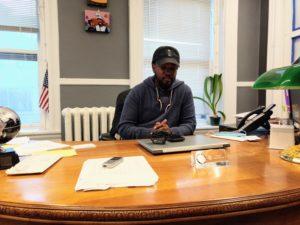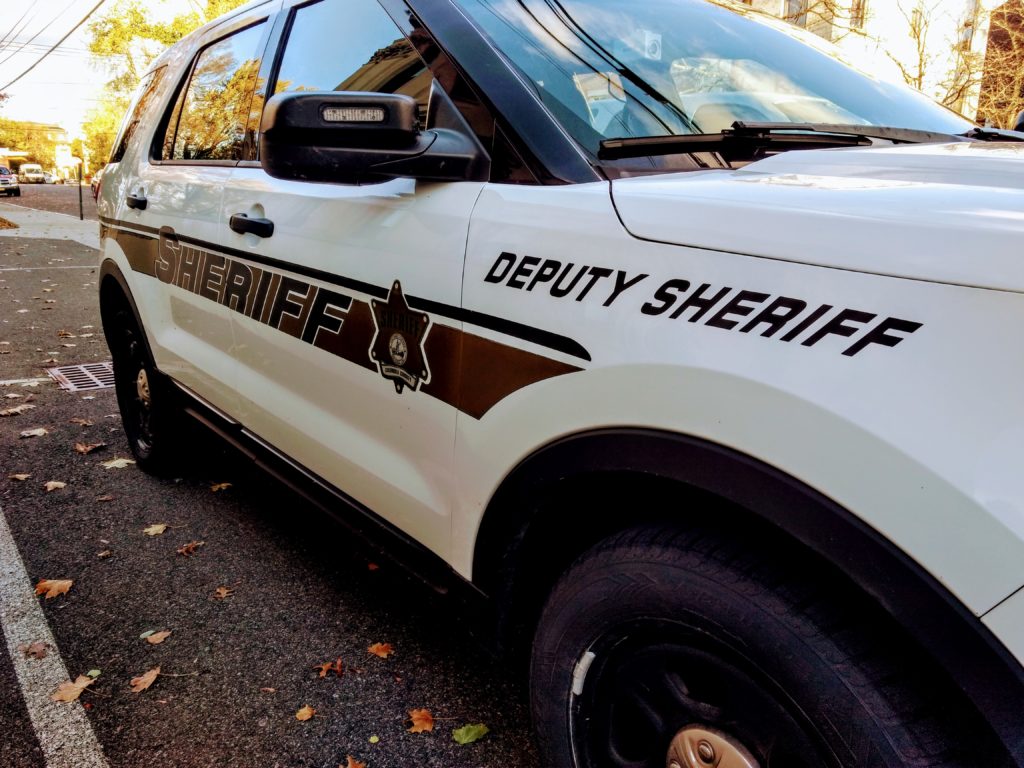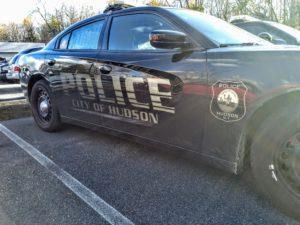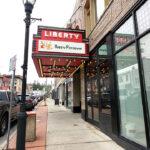HUDSON – Pursuant to Governor Cuomo’s Executive Order 203 calling for police reform, municipalities and counties across the state have formed committees to study the way policing in the 21st century will be performed. Columbia County formed the Police Reform Panel.
Columbia County Board of Supervisors Chairman Matt Murrell notes the executive order mandates that local government perform a comprehensive review of current police force deployment strategies, policies, procedures, and practices. In addition, it requires local governments to develop an improvement plan addressing the particular needs of the communities served while promoting community engagement to foster trust, fairness, and legitimacy. The plan also needs to address any racial bias and disproportionate policing of communities of color.
Thirty-one Columbia County residents, representing all parts of the county, have been chosen out of more than 60 applicants to make up the Community Input Panel. Once the Community Input Panel has completed its findings, the Law Enforcement/Elected Officials Panel will meet to review results from the previous meetings and formulate a plan of action, which will then go to a Plan Review Committee. This committee will draft the plan and hold a public hearing for community input.
“Working jointly with the Columbia County Sheriff’s Office, we have been collecting data and information about policies and programs adopted already by the Sheriff’s Office. You will find this information on the Sheriff’s Office page on the Columbia County Police Reform website,” said Murell, who added that police agencies from the towns of Greenport and Stockport and the Village of Philmont would be joining the panel.
In the City of Hudson, Mayor Kamal Johnson said that his city has been working on police reforms long before Executive Order 203. Working with Chief L. Edward Moore, the city developed an online survey to determine what changes in policing the 6,500 residents are seeking. The results will be delivered to the Police Reconciliation and advisory committees that will review the information and make recommendations to Mayor Johnson.

People who live or work in the City of Hudson were encouraged to complete the Hudson Community Police survey. The survey engaged the Hudson community in discussing their experiences with the Hudson Police Department. The survey will help inform the Police Reconciliation & Advisory Commission’s analysis and recommendations to Mayor Johnson.
“I wanted to bridge the gap between police and the community. When you think about community, it’s supposed to encapsulate the police as well. Years of mistrust have divided it so that it’s like its own committee. I wanted to make sure that people have a say in how they’re being served and protected.” Johnson noted that the city’s reconciliation committee includes members of the police force. The mayor indicated that through the study and the committee, there is also the opportunity to address the needs of the police department.









